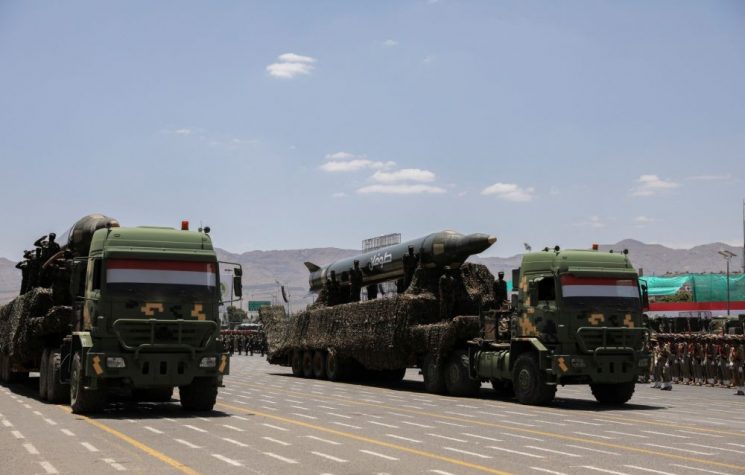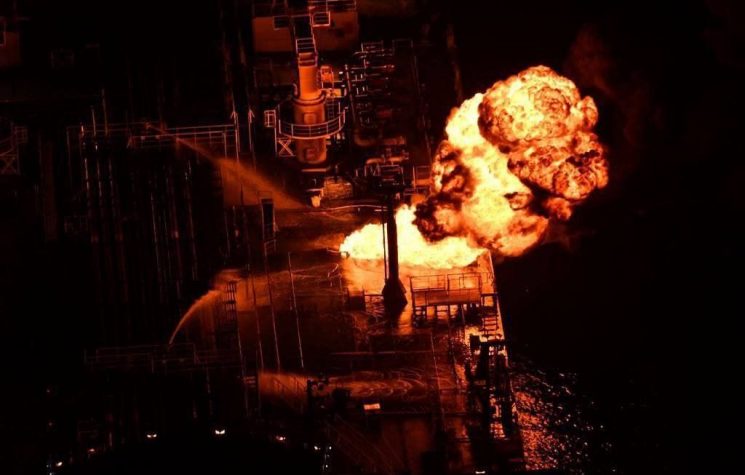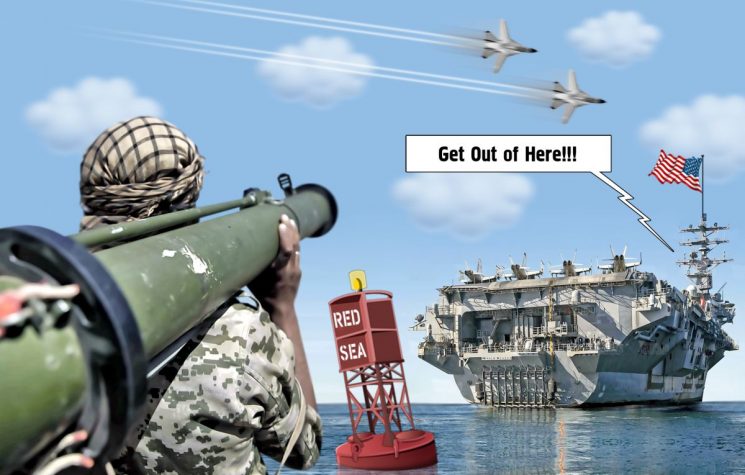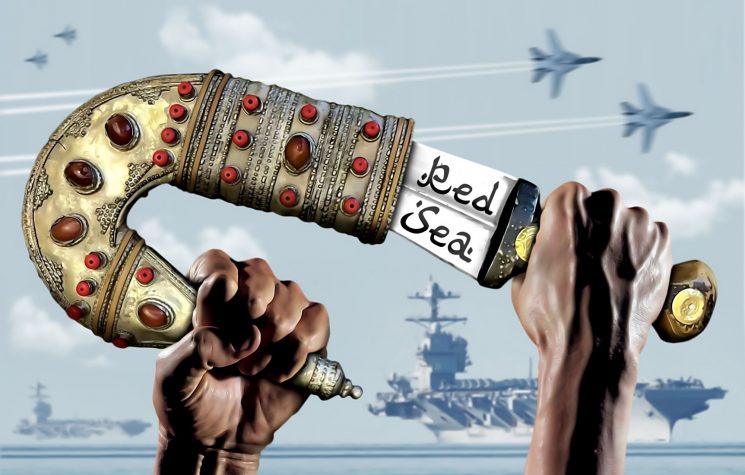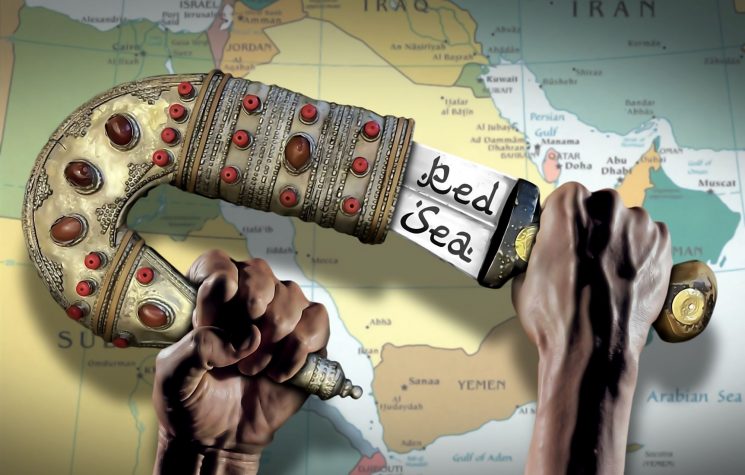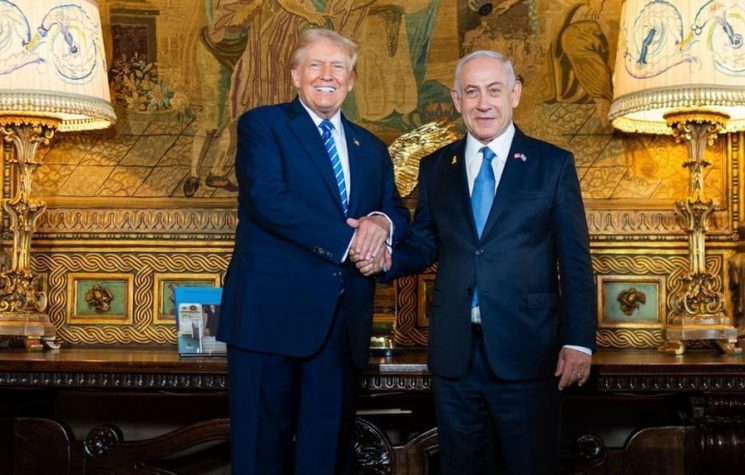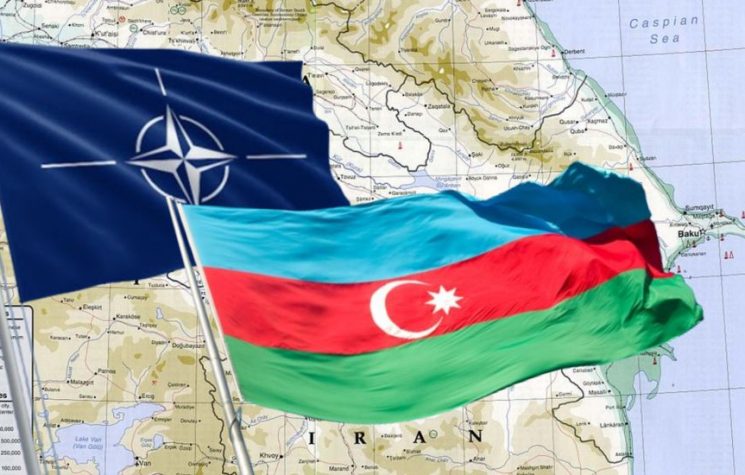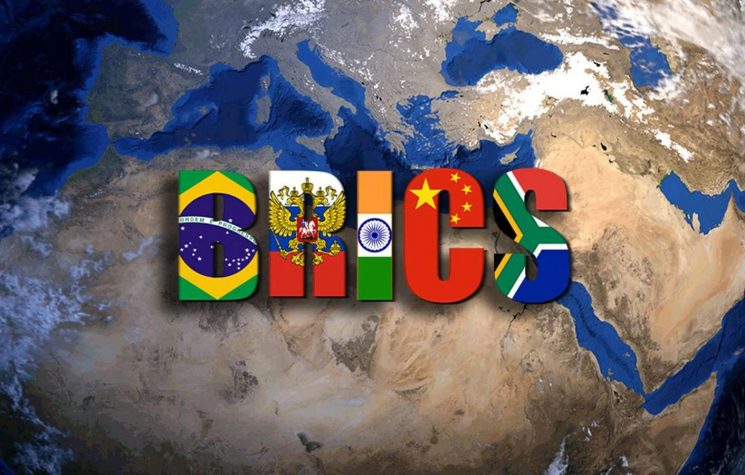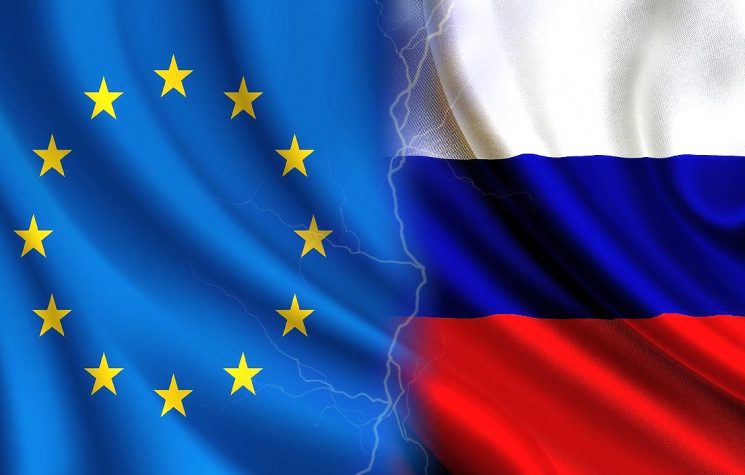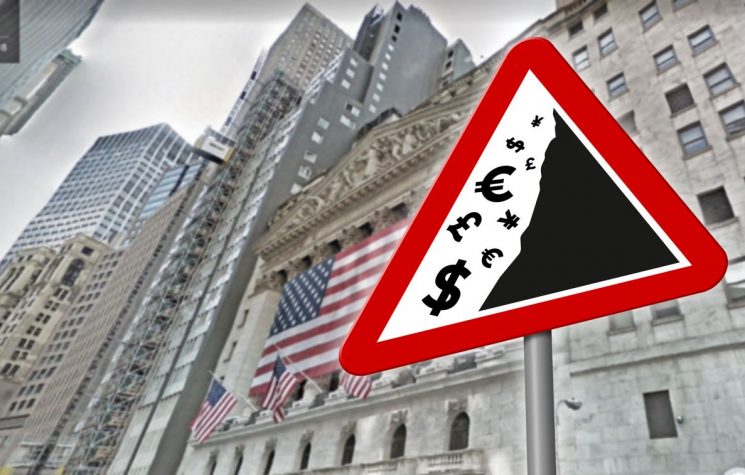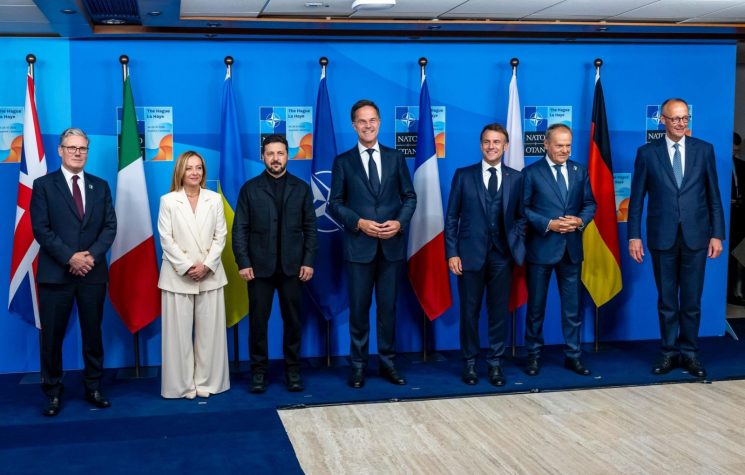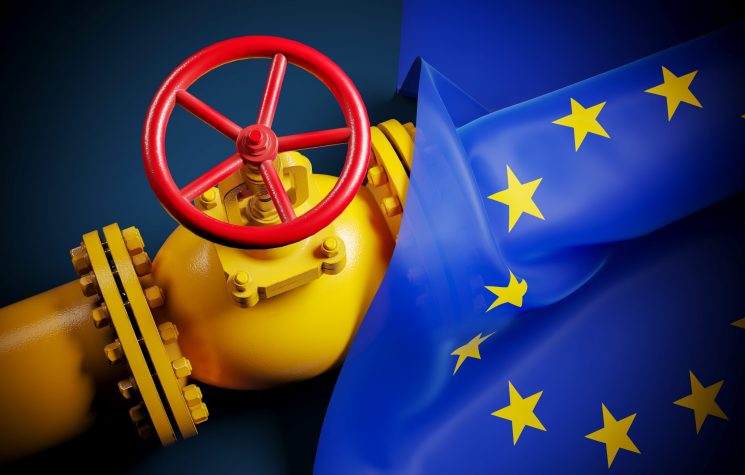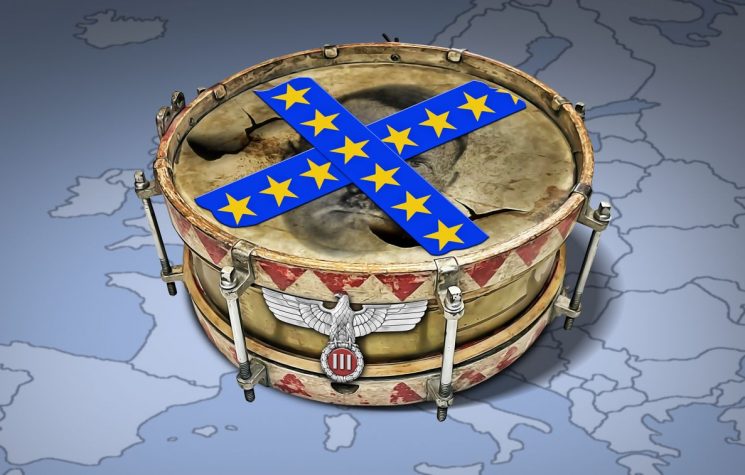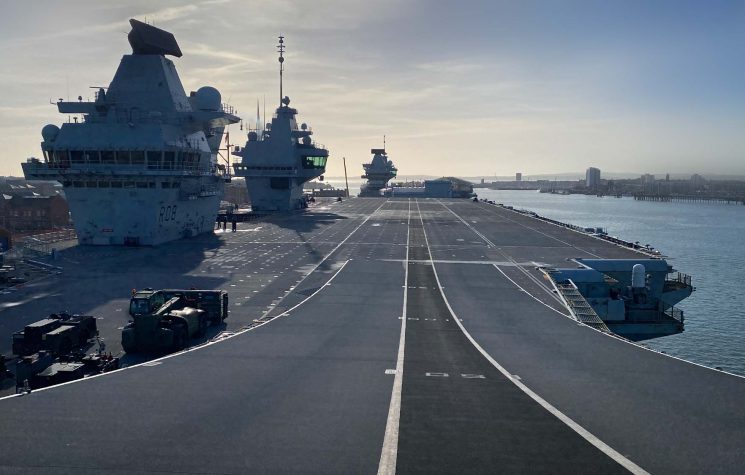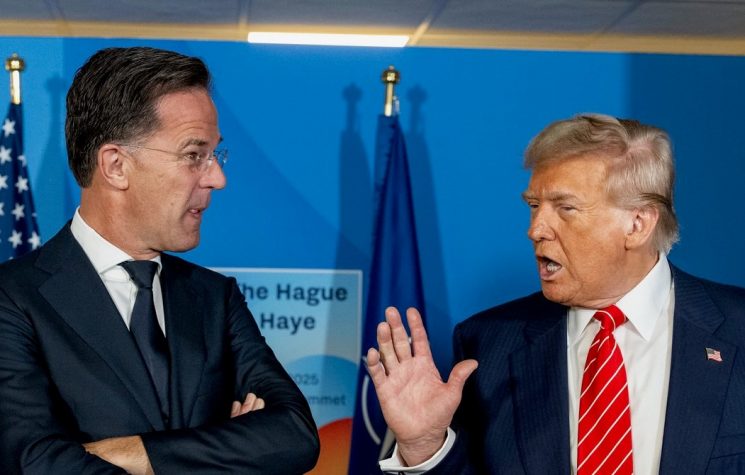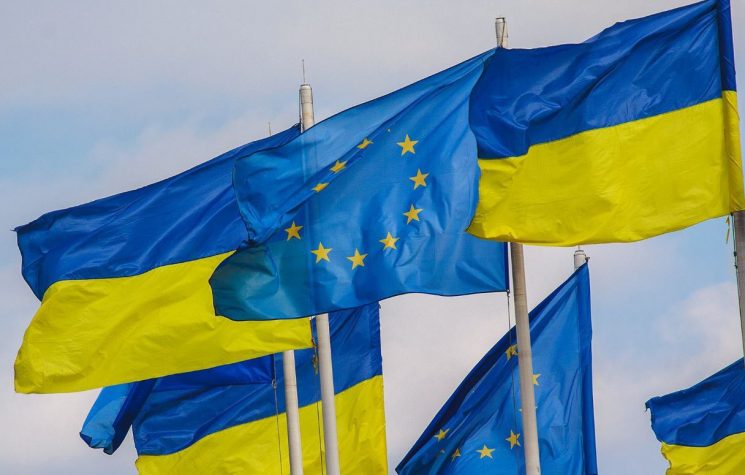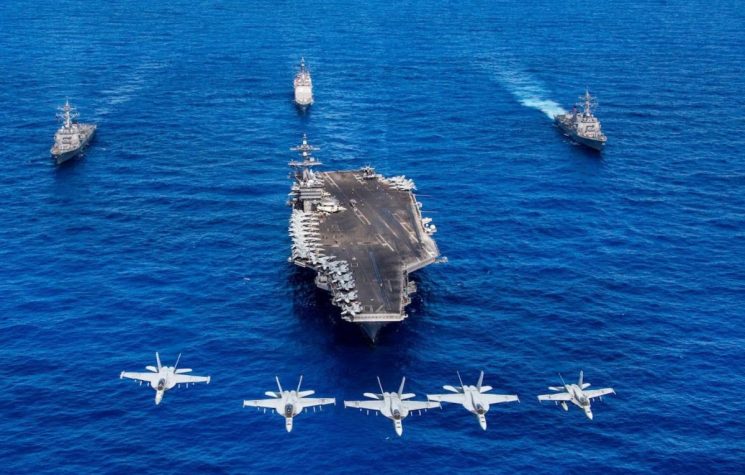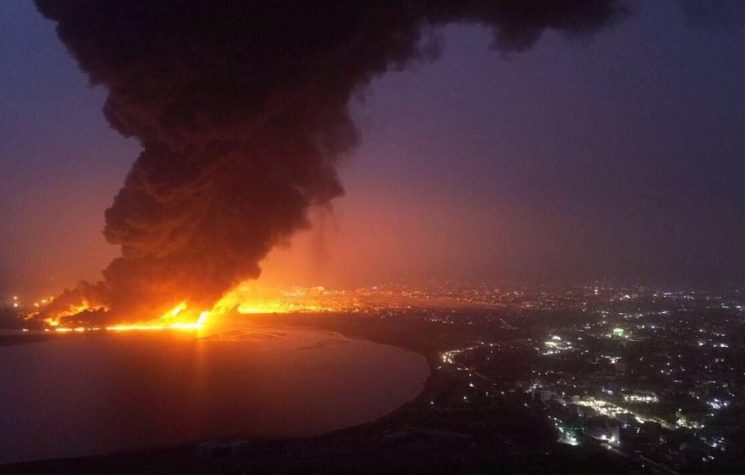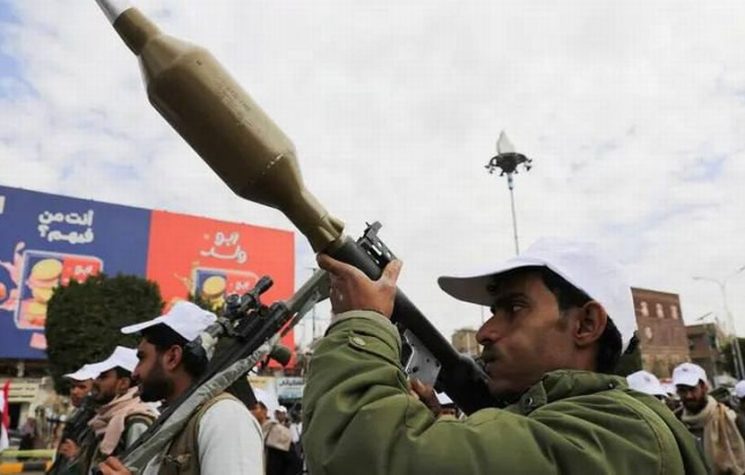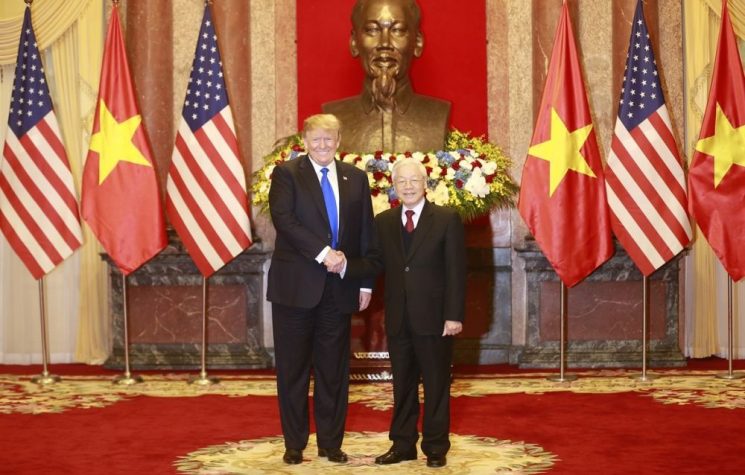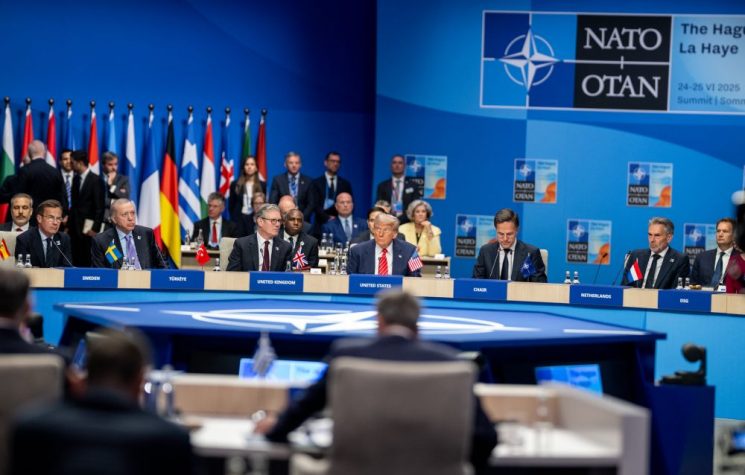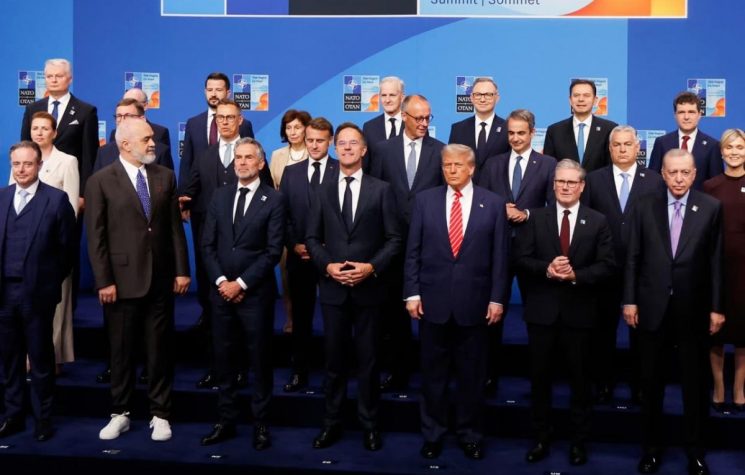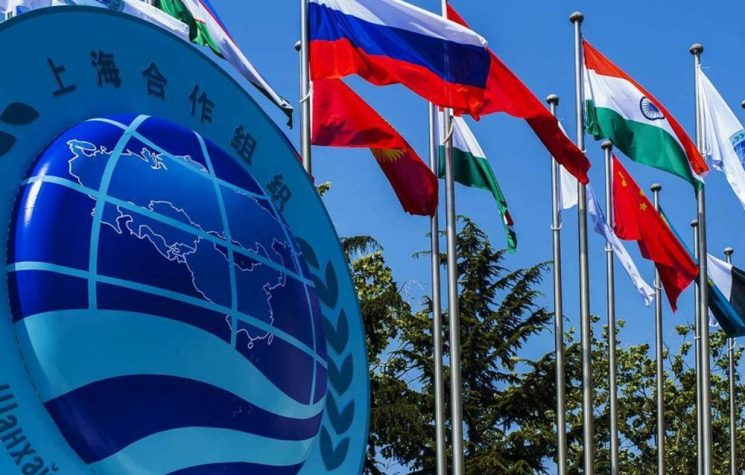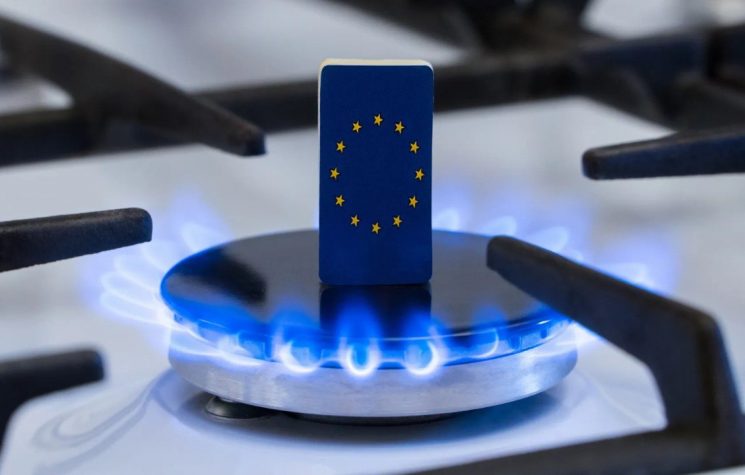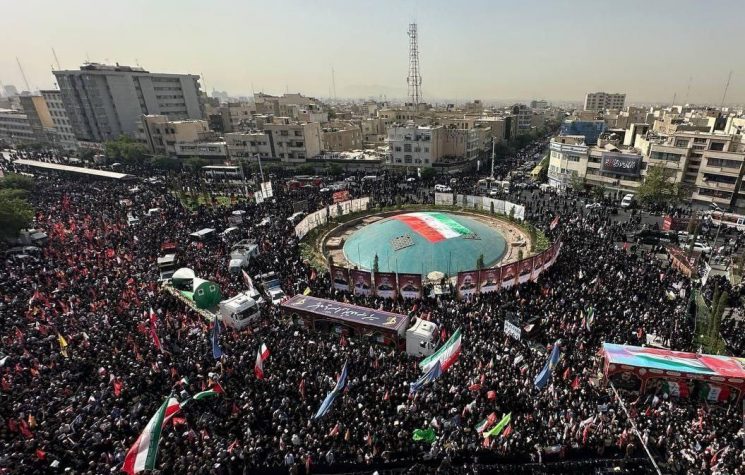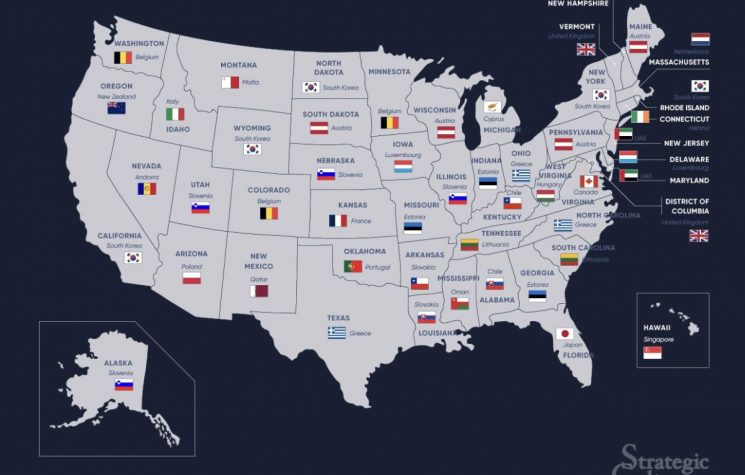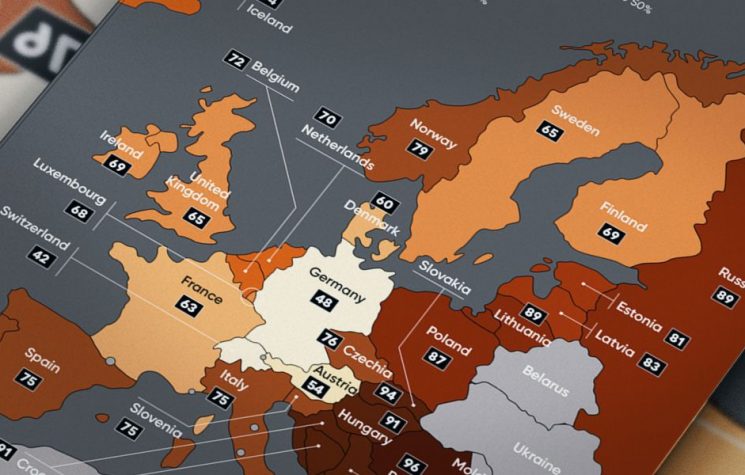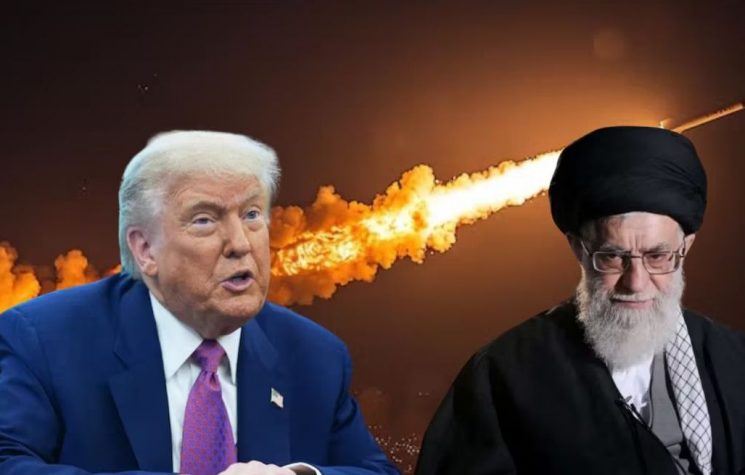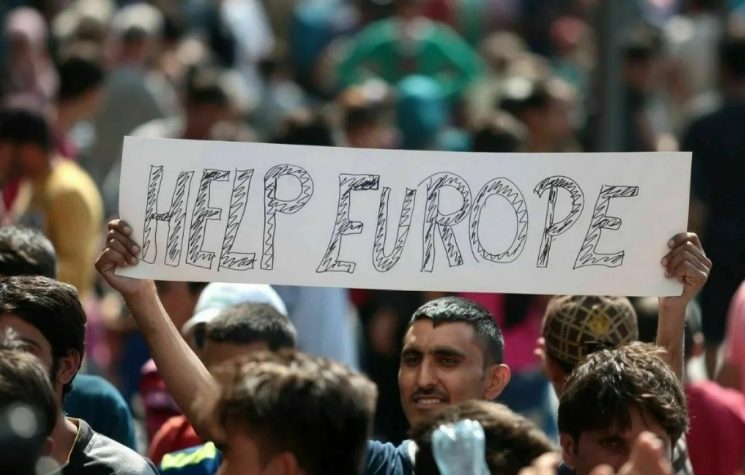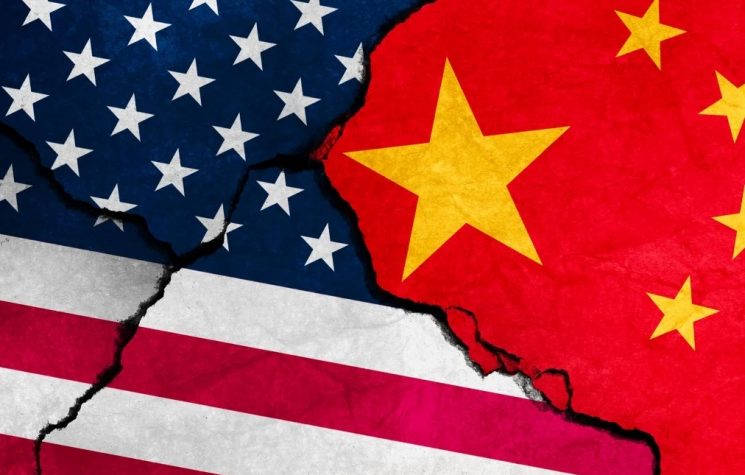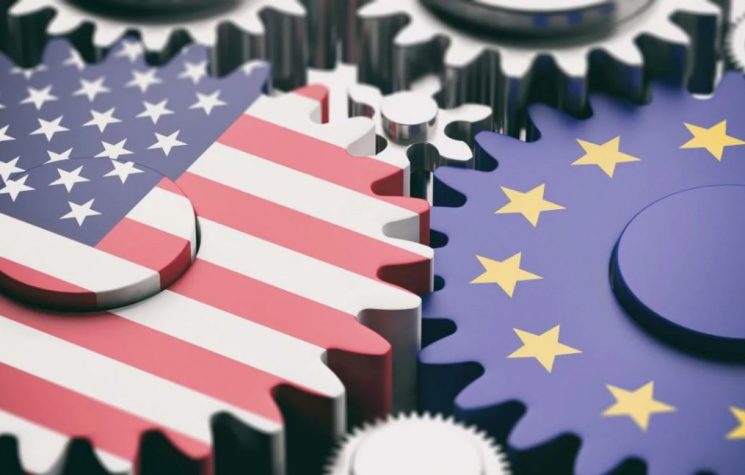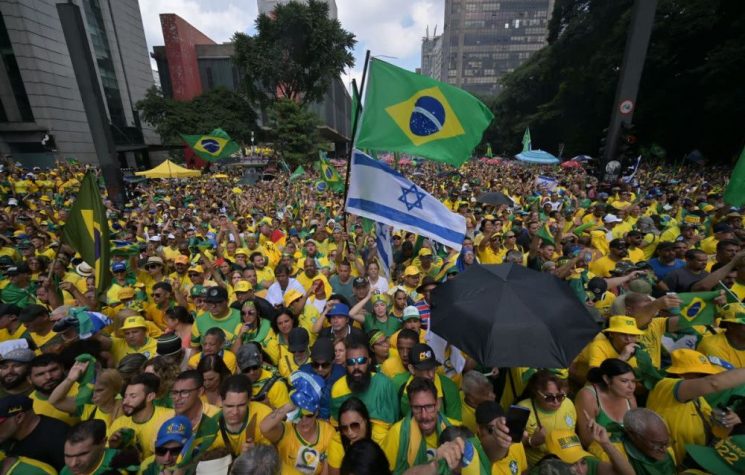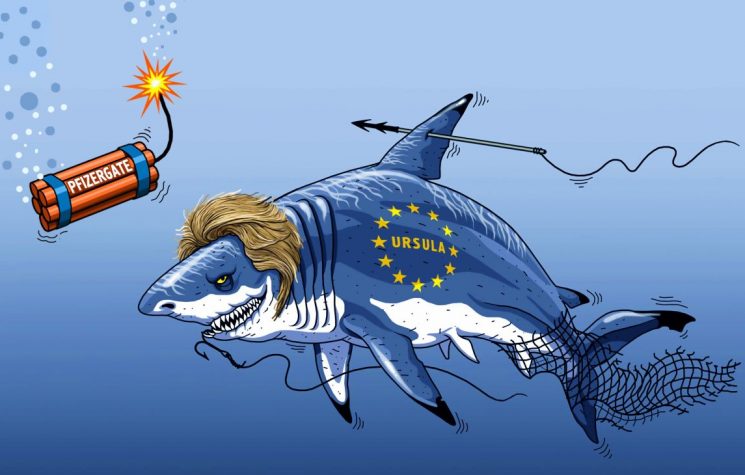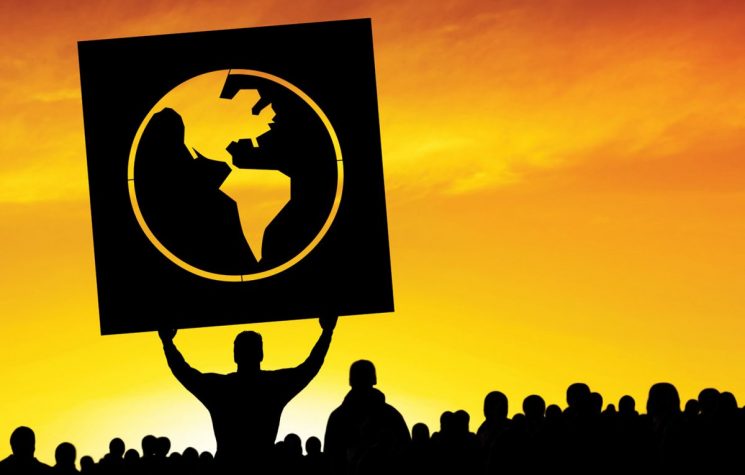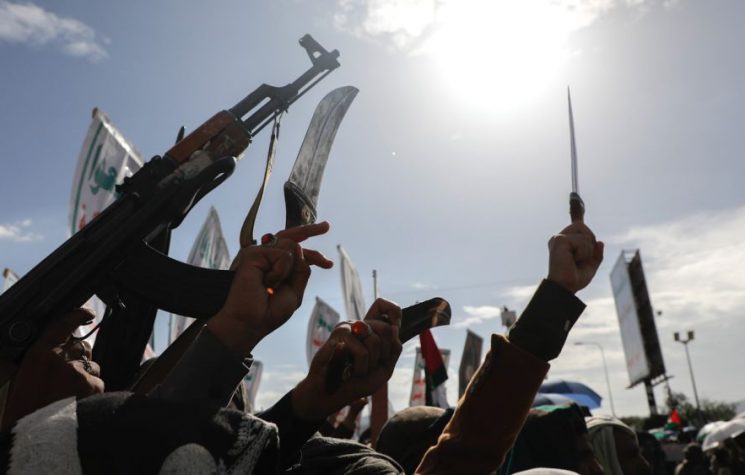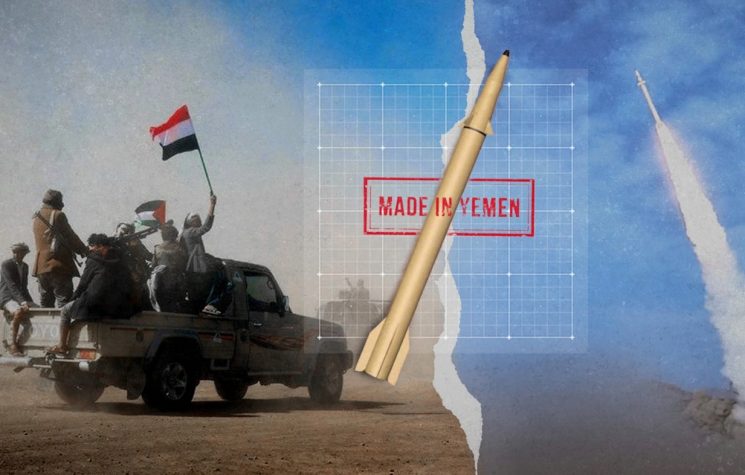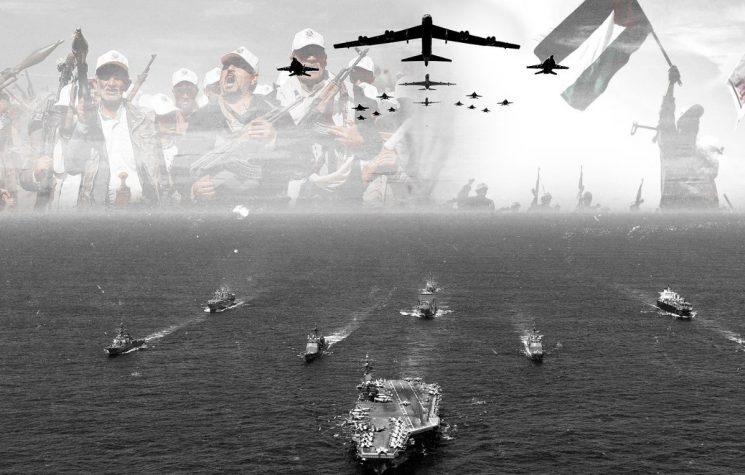The major European states are finally making some noises calling for a ceasefire to Israel’s genocide in Gaza. What’s taken them so long?
❗️Join us on Telegram![]() , Twitter
, Twitter![]() , and VK
, and VK![]() .
.
Contact us: info@strategic-culture.su
The major European states are finally – at long last – making some noises calling for a ceasefire to Israel’s genocide in Gaza. What’s taken them so long?
It’s still pathetically insufficient and falls far short of a full-throated demand on Israel to stop its unbridled slaughter of Palestinians – 20,000 of whom have been killed in more than 70 days of relentless bombardment.
But now Britain, France and Germany are calling for a ceasefire. Well sort of. The British and German foreign ministers David Cameron and Annalena Baerbock wrote a joint article in Britain’s Sunday Times in which they said there needs to be a “sustainable ceasefire” but – bizarrely, they added – not right now.
Their French counterpart Catherine Colonna was a little more forthright. On a visit to Tel Aviv on Sunday, she mustered the conviction to call for an immediate truce.
The slightly stronger French position was presaged by the killing of one of its diplomatic staff in Gaza a few days earlier.
Still, despite the outrage of the killing, the French minister’s words were softly spoken and couched with pandering to Israel’s so-called right to self-defense. Perhaps if the diplomatic staffer who died was a French national instead of being a Palestinian man working for France, then Paris would have been more condemnatory in its response.
Pathetic though the European response is with regard to demanding Israel obey international law and stop massacring civilians, nevertheless the divergence from the U.S. position is notable. Washington is also showing signs of pressure from the international outcry over Israel’s genocide with mealymouthed pleas for “restraint”. However, U.S. President Joe Biden’s administration continues to repudiate all calls for a ceasefire and continues unreservedly arming Israel’s killing machine.
What is going on with the European calculation? After all, only as of last week, the Europeans were not calling for a ceasefire. Britain and Germany abstained from a vote at the United Nations General Assembly demanding a ceasefire. The U.S. voted No along with Israel, while 153 nations voted Yes.
The sudden shift by the Europeans is most likely spurred by their concerns over economic pain.
The closing down of the Red Sea shipping route by the Yemenis in solidarity with the Palestinians is starting to ramp up serious economic costs to global trade. The Yemenis have warned that any ships identified as Israeli-owned or bound will be prevented from passing. But the risk is deterring all shipping.
Yemen straddles the Bab el-Mandeb, the 32-kilometer-wide channel at the southern end of the Red Sea which in effect connects Europe to Asia. All ships passing from Asia to Europe use this route on their way to the Suez Canal in Egypt and thence to the Mediterranean Sea and the European mainland.
Aptly named, Bab el-Mandeb (“the Gate of Tears”) is a classic chokepoint. It controls an estimated 12 per cent of the global shipping trade. And the Yemenis have slammed the gate shut.
As a result of Yemeni military attacks targeting several Israeli ships, over the past week, four major global cargo companies have suspended their vessels using the Red Sea route.
All four shipping companies are European-based. They include the Swiss-registered Mediterranean Shipping Company – the world’s largest – as well as Maersk from Denmark, Hapag-Lloyd of Germany and France’s CMA CGM.
A fifth global giant to suspend its vessels using the Red Sea is Evergreen which is based in Taiwan.
Britain’s oil and gas major BP also announced Monday that it has ordered its tankers to avoid transiting the same route.
All firms are citing the deterioration in security conditions for their decision to halt shipping operations.
With the Bab el-Mandeb closed off, that means cargo vessels have to circumnavigate the continent of Africa by the Cape of Good Hope in the far south. That alternative route entails an additional 6,000 kilometers to shipping routes which means appreciably more transport costs from increased fuel consumption, port stops and supply logistics. The added costs will concatenate to hike consumer inflation and stress Europe’s already fragile economies.
It is the Asian-European trade that is most impacted by the Red Sea closure. China is the European Union’s biggest trading partner. The United States is also massively dependent on China for its imports but unlike the European economies, the U.S. receives its Asian trade from shipping across the Pacific Ocean.
The Yemenis have declared their actions will continue in support of “Palestinian brothers” until the Israeli regime ends its genocide.
Yemen may be the poorest among the Arab nations, but it is playing an ace card. It is squeezing the chokepoint on the Red Sea which is threatening severe damage on the Israeli and European economies.
This would explain why the major European states are suddenly finding a voice to call for a ceasefire in Gaza. The Europeans are finding that their economies are at grave risk from disruption of shipping as a result of the Yemenis closing down the Red Sea. Britain may no longer be part of the EU but it is still heavily reliant on Asian-European trade.
Once again, the Europeans are finding they are paying a heavy price for being vassals of the United States and not having any independent foreign policy.
The U.S.-led proxy war in Ukraine against Russia has rebounded with far more damage on Europe than it has on the Americans. The Europeans have slavishly followed Washington’s aggression against Russia by implementing a raft of economic sanctions and cutting off vital energy trade. Germany’s economy, in particular, has been ravaged by the loss of Russia’s natural gas as fuel for its industries.
Likewise, the Europeans have meekly followed U.S. policy by pandering to Israel and giving Tel Aviv political and diplomatic cover for its genocide in Gaza. And as in the Ukraine-Russia debacle, the Europeans now stand to incur more severe economic repercussions as the Yemenis inflict the pain of increased shipping costs.
As that old war criminal Henry Kissinger is reputed to have quipped: to be an enemy of the United States is dangerous, but to be an ally is fatal.













